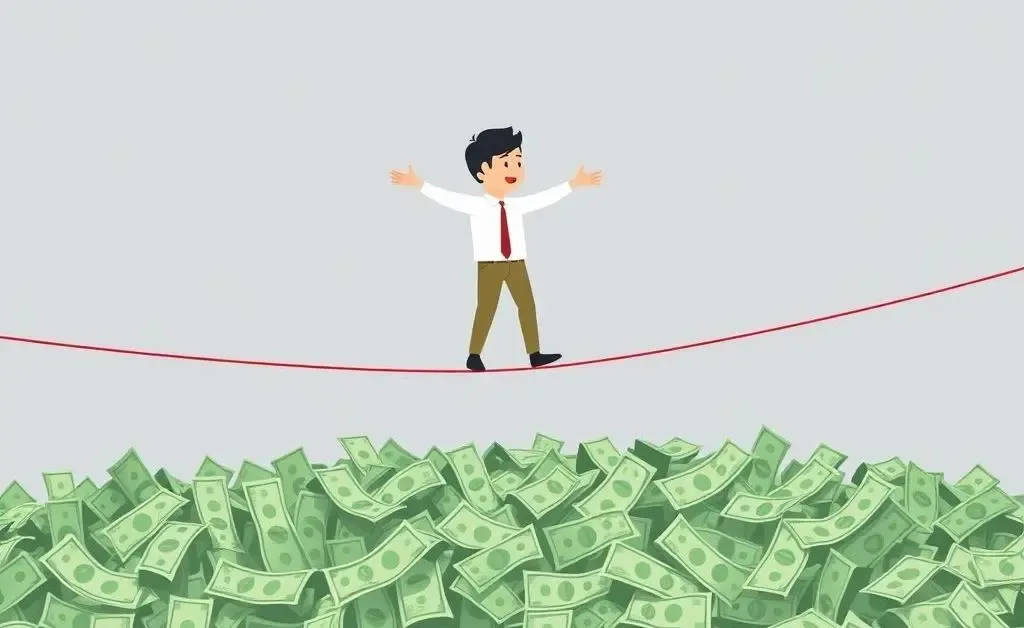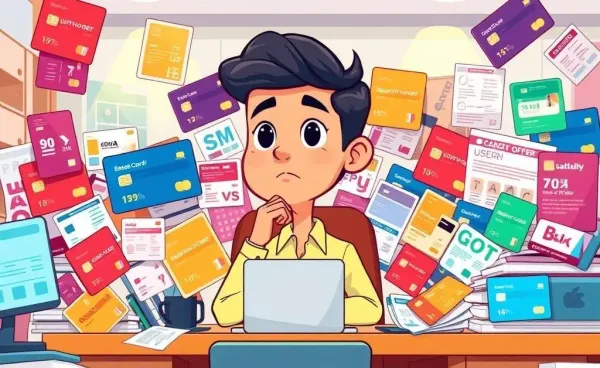Navigating the Emotional Side of Personal Finance
Explore how emotions play a big role in personal finance decisions and learn tips to manage them.

Have you ever found yourself rethinking a financial decision, feeling like it was more driven by your heart than your head? You're definitely not alone. Many of us grapple with the emotional side of managing money, and while we've been taught the importance of budgets and saving, addressing how our emotions intersect with our financial choices often gets overlooked.
The Emotional Impact of Money
Money is deeply intertwined with our emotions. It can bring joy, stress, security, or anxiety. This is why understanding the emotional aspect of personal finance is crucial. It goes beyond numbers and charts into how we perceive value and security.
- Fear: Worrying about not having enough money can lead to stress and poor decision-making.
- Guilt: Spending on yourself might feel selfish, leading to buyer’s remorse.
- Joy: A sense of fulfillment from a well-earned financial goal.
- Anxiety: The stress of pending bills can overshadow the satisfaction of payday.
An Everyday Story
Consider Sarah, who decided to invest in stocks for the first time. She was thrilled but also anxious. Watching the market's ups and downs became a rollercoaster of emotions. While her logical side knew market fluctuations are normal, her emotional side often won over, making her second-guess her decisions.
Balancing Emotions and Money
Finding a balance between rational decisions and emotional responses is crucial. Here are some pointers to help you manage:
- Pause and Reflect: Take a moment before making financial decisions, especially big ones. This allows your mind to catch up with your emotions.
- Set Clear Goals: Knowing your financial goals can help anchor your decisions, providing clarity during emotional turmoil.
- Practice Mindfulness: Being aware of how you're feeling about money can prevent emotional spending.
Seeking Stability
Strategies like budgeting, setting aside an emergency fund, or simply talking with a trusted advisor can turn a turbulent financial landscape into one that's calmer and more predictable. It's not just about spreadsheets; it's about peace of mind.
Money influences how we feel about ourselves and the world around us. Understanding and managing that is as crucial as any financial plan. How do you handle emotions when making financial decisions?




